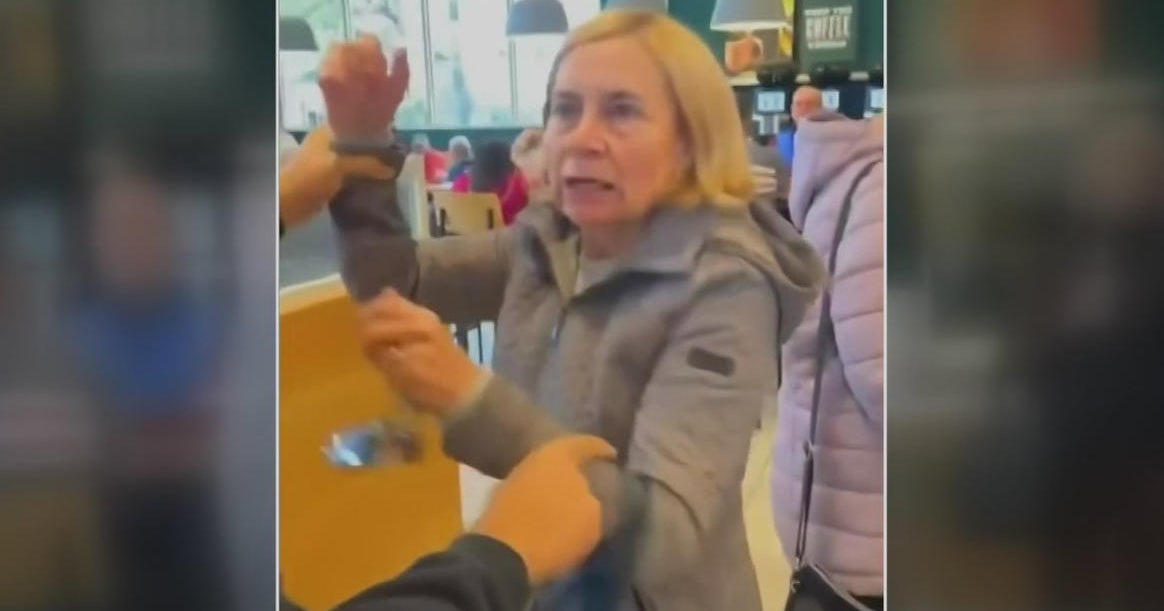Protesters take to Chicago streets in march against overturning of Roe v. Wade
CHICAGO (CBS) -- A day after the Supreme Court overturned the landmark abortion right bill Roe v. Wade decision, people hit the streets again in Chicago to make their voices heard.
Saturday's first rally and march began in rainy weather around noon. It was led by Chicago for Abortion Rights, the same coalition of 45 organizations that led Friday night's massive rally and march through the streets of downtown Chicago.
Illinois Lt. Gov. Juliana Stratton was among several who spoke passionately about what comes next in a post-Roe country. Stratton says the women who will suffer the most from the Supreme Court's decision are Black and Brown women, poor, immigrant and disabled women and trans and non-binary people. She laid out some marching orders for the crowd.
"We must open our doors to women traveling across state lines and do anything we can to provide safe accommodations and a warm meal, letting them know that they are not alone," she said. "Can we do that? We must donate to organizations, many led by Black and Brown women that are actively doing the work on the ground to protect the health and safety of women and trans and non-binary individuals who now have an even bigger target on their backs. Can we do that?"
Lifelong Wisconsin resident Donna O'Donnell says anger fueled her trek to Chicago to march alongside abortion rights activists. It's a trip she says she may be making more often now that abortion is banned in her home state.
"It's not a felony to take someone to a different state to have an abortion so you want to hop in the Volkswagon, let's roll," she said.
Even before Friday's Supreme Court decision dropped, the volume of calls coming into the Chicago Abortion Fund from women in Wisconsin had about doubled over the past week, according to the fund's executive director, Megan Jeyifo. The Chicago Abortion Fund provides financial, logistical and emotional support to people seeking abortion care in Chicago. She says the network of abortion funds across the country will be critical in helping women in states where abortion is now banned or restricted.
"The minute the decision came down we got an email from our comrades, our people at the Women's Medical Fund in Wisconsin that says 'OK, this agreement we've been talking about for months kicks in right now. You are able to dispense funding on our behalf. You're able to book hotels on our behalf. You're able to do all this with the funding their fund has for Wisconsin residents coming into Illinois," she said.
Jeyifo says this kind of cross-state planning has been underway since December. But still, she says this moment is still surreal.
"I'm frightened for next week and our capacity, our emotional state. The vicarious trauma, that our team is used to but it's really, really hard right now."
After the Supreme Court decision, several anti-abortion groups were celebrating something that they said they didn't think they would see in their lifetimes.




